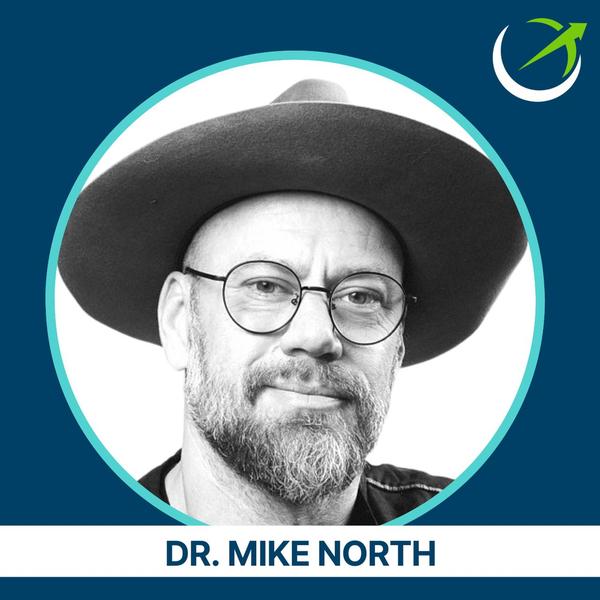Male fertility: optimizing reproductive health, diagnosing and treating infertility, and navigating testosterone replacement therapy | Paul Turek, M.D.
Peter Attia
Jun 2, 2025
Mindsip insights from this episode:
Limit hot tub use to protect sperm count
Spending 20 minutes in a 104°F hot tub three times a week is a 'lethal dose' that can make a man's sperm count drop to zero.
Reframe autism as a step in human evolution
The rise in neurodevelopmental conditions like autism, linked to paternal age, may not be a disease but rather the next step in human evolution.
Front-load intercourse before ovulation for higher conception rates
About 80% of natural conceptions occur when intercourse happens before ovulation, as the egg only survives for about eight hours while sperm can wait for days.
Limit extreme exercise to protect fertility
A study found that extreme exercise, defined as two hours a day at 80% of VO2 max, caused sperm counts to fall by 40%.
Understand how fathers transmit environmental stress through sperm
Sperm are the primary drivers of human evolution and are more likely than eggs to pass on transgenerational epigenetic changes from environmental stressors.
Choose newer TRT forms to preserve fertility
Newer, more frequently delivered forms of testosterone like the oral twice-a-day pill (Jatenzo) may be less suppressive and allow men to maintain sperm counts.
Understand sperm teamwork to enhance fertilization success
The first waves of sperm act as a phalanx, sacrificing themselves to deactivate the female immune system so that later sperm can get through.
Consider long-term TRT risks for irreversible effects
After 5 to 10 years of continuous exogenous testosterone use, the damage to natural sperm and testosterone production may become irreversible.
Add low-dose HCG to testosterone therapy to preserve fertility
To preserve fertility while on testosterone replacement therapy, you can add low-dose HCG (250-500 units twice a week) to maintain testicular sperm production.
Utilize sperm's olfactory sense to detect egg presence
Sperm have an olfactory sense that can detect follicular fluid from an egg at a concentration of one part per billion.
More from
Peter Attia
AMA #78: Longevity interventions, exercise, diagnostic screening, and managing high apoB, hypertension, metabolic health, and more
Ketogenic diet, ketosis & hyperbaric oxygen: metabolic therapies for weight loss, cognition, Alzheimer's & more | Dom D'Agostino, Ph.D.
The evolutionary biology of testosterone: how it shapes male development and sex-based behavioral differences, | Carole Hooven, Ph.D.
The impact of gratitude, serving others, embracing mortality, and living intentionally | Walter Green (#288 rebroadcast)
Thyroid function and hypothyroidism: why current diagnosis and treatment fall short for many, and how new approaches are transforming care | Antonio Bianco, M.D., Ph.D.
You also might be interested in
Dr. Casey Means: Eat like THIS to reduce your Risk of Metabolic Disease!
Biohacking Fertility for Men and Women at Any Age
Improve Energy & Longevity by Optimizing Mitochondria | Dr. Martin Picard
Dr. Casey Means: Stop Ignoring Your Health — Do These 5 Free Tests!
The Untold Science Of Vibration Therapy & The “BioDrive” Breakthrough That Regulates Your Mind and Body, With Dr. Mike North












